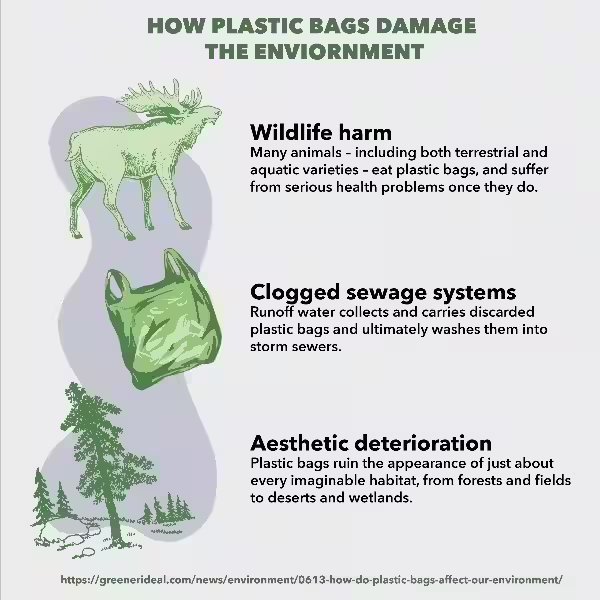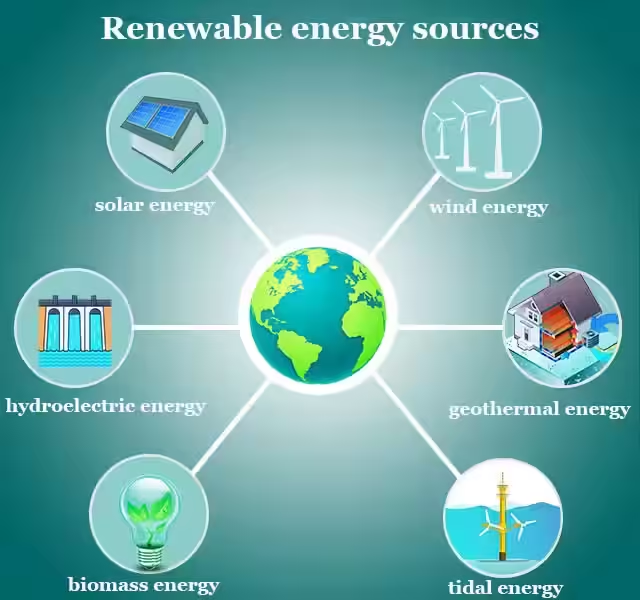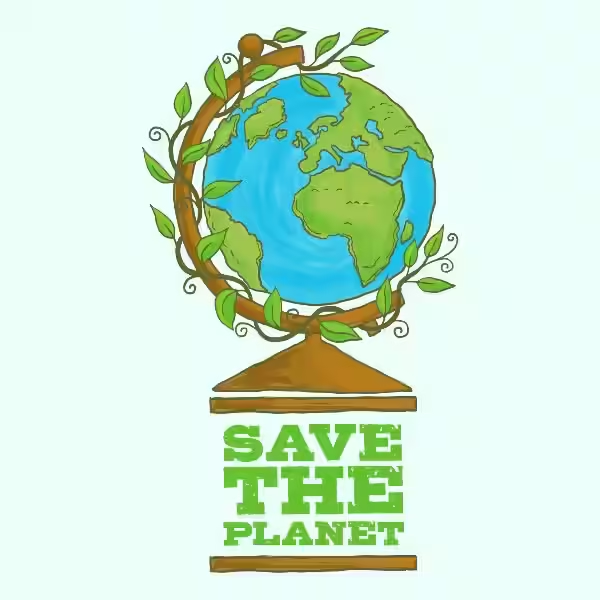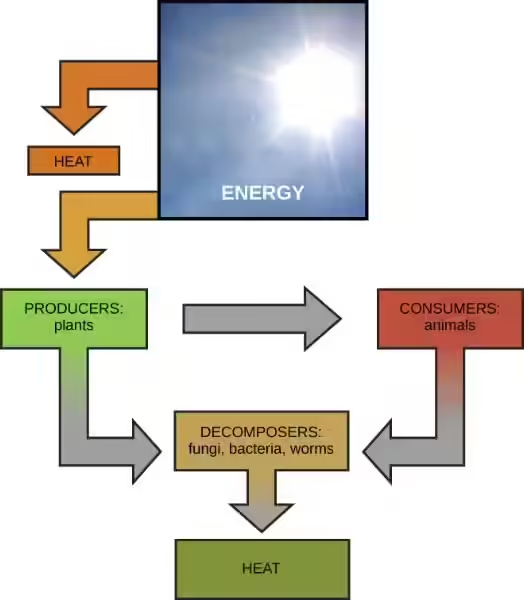The Plastic Bag Problem: A Silent Threat to Our Planet

Imagine a world without plastic bags. A world where your groceries are carried in sturdy reusable bags, and where the streets are free from the ubiquitous white specks that litter our sidewalks. It might seem like a simple change, but the impact of eliminating plastic bags goes far beyond a cleaner environment. It's a step towards a healthier planet, a more sustainable future, and a world where wildlife is not threatened by our waste.
The Invisible Enemy: The Environmental Impact of Plastic Bags
Plastic bags, a symbol of convenience and disposability, have become an integral part of our lives. But this convenience comes at a hefty price, one that our environment is paying dearly. The seemingly harmless plastic bag is a major source of pollution, contributing to a global crisis that affects every corner of the planet.
From Landfills to Oceans: A Cycle of Destruction
The journey of a plastic bag often begins at a grocery store checkout, but its impact extends far beyond the shopping aisle. Plastic bags, designed for single use, are often discarded carelessly, ending up in landfills, streets, and waterways. These bags, made from non-biodegradable materials, persist in the environment for centuries, breaking down into smaller microplastics and posing a significant threat to wildlife.
Imagine a sea turtle mistaking a plastic bag for a jellyfish, its delicate throat becoming entangled in the plastic. Or a bird, feeding its young, confusing a plastic bag for food, only to find its digestive system choked by the non-biodegradable material. These are just some of the tragic consequences of plastic bag pollution that are unfortunately becoming all too common.
Microplastics: The Invisible Threat
The problem goes beyond visible plastic bags. As these bags break down, they release microplastics, tiny particles that are invisible to the naked eye. These microplastics are ingested by marine life, including fish, shellfish, and even plankton, working their way up the food chain and eventually reaching our dinner plates.
The implications of microplastic contamination are far-reaching, potentially affecting human health. While scientific research is ongoing, concerns about the impact of microplastics on human health are growing, raising questions about their long-term effects on our bodies.
Beyond the Ocean: The Global Impact of Plastic Bags
The problem of plastic bags extends beyond the oceans, impacting our land, air, and climate. The production of plastic bags requires vast amounts of fossil fuels, contributing to greenhouse gas emissions and exacerbating climate change. This cycle of production, use, and disposal has a significant impact on our planet, leaving a lasting environmental footprint.
A Global Call to Action: Finding Sustainable Solutions
The reality is that plastic bags have become a global problem, requiring a global solution. Many countries and cities have taken proactive steps to combat the issue, implementing bans or levies on plastic bags, encouraging the use of reusable alternatives. These initiatives are a testament to the growing awareness of the environmental impact of plastic bags and the urgent need to shift towards sustainable practices.
Embracing a Sustainable Future: Choosing Reusable Alternatives
As consumers, we have a crucial role to play in reducing our reliance on single-use plastic bags. Choosing reusable bags, whether it's a sturdy canvas tote or a stylish shopping bag, is a simple yet impactful step towards a more sustainable future. By making conscious choices and embracing reusable alternatives, we can significantly reduce our contribution to the plastic bag problem.
The journey towards a plastic-free future is not without its challenges, but it's a journey we must embark on together. By understanding the environmental impact of plastic bags, we can make informed decisions and contribute to a healthier planet for ourselves and future generations. It's time to break free from the plastic bag habit and embrace a sustainable future, one reusable bag at a time.
Frequently Asked Questions about Plastic Bags and the Environment
What are the environmental effects of plastic bags?
Plastic bags are a major source of pollution, ending up in landfills and oceans where they harm wildlife. They can take up to 1,000 years to decompose, breaking down into microplastics that further pollute the environment.
How do plastic bags harm wildlife?
Birds and sea turtles mistake plastic bags for food, leading to choking and starvation. Fish consume plastic, transferring it up the food chain. Microplastics can harm marine life and humans.
What is the problem with microplastics?
Microplastics are tiny pieces of plastic that are released into the environment when plastic bags break down. They can be ingested by humans through food and air, posing potential health risks.
What can I do to reduce my use of plastic bags?
Choose reusable bags and reduce your reliance on disposable plastic bags. Support policies that promote reusable bags and reduce plastic bag usage.








